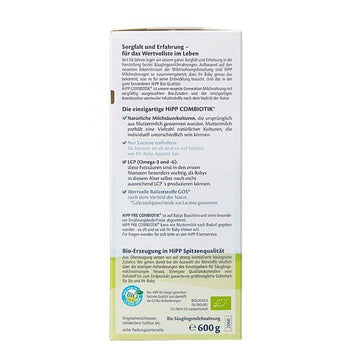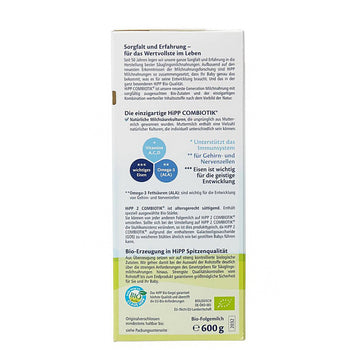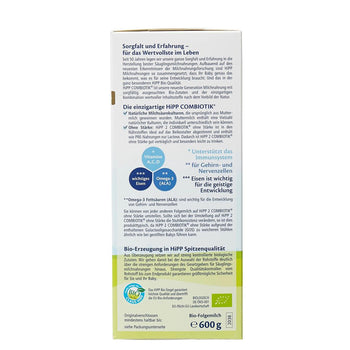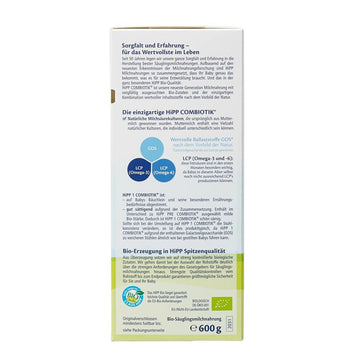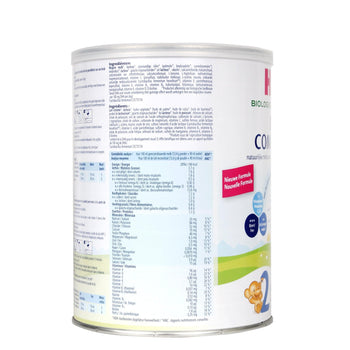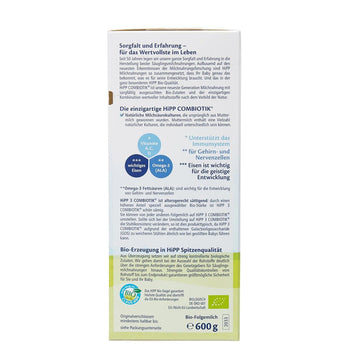Many newborns are immediately moved to the nursery after birth and start feeding with bottles and formula nipples instead of breastfeeding. This early exposure to bottles and nipples can lead to what is known as "nipple confusion." Nipple confusion occurs when a baby is introduced to both the mother’s breast and formula nipples before 4 to 6 weeks of age, becoming accustomed to the bottle. This often causes babies to push against the breast with their tongue or bite the nipple like they would a bottle, leading to rejection of breastfeeding and potential injury to the mother.
Nipple confusion can be corrected if formula feeding in the hospital lasts only about 2-3 days after birth, but it becomes harder to correct the longer formula feeding continues. I'll share some preventative and management strategies for nipple confusion. The main problem with nipple confusion is that it interferes with normal breastfeeding. Babies accustomed to the artificial nipple might struggle with the natural flow and texture of the breast, leading to rejection, which can be stressful for both mother and baby. Here are ways to prevent and manage nipple confusion:
-
Finger Exercises:
- Trim your nails short and wash your hands thoroughly.
- Insert two-thirds of your index finger into the baby's mouth, press gently against the tongue for about 30 seconds, allowing the baby to suck on the finger.
- Slowly rotate your finger and press it against the baby's tongue, repeating the removal process several times.
-
Avoid Breastfeeding When Extremely Hungry:
- Breast milk takes longer to flow compared to formula from a nipple, so feeding a very hungry baby can worsen nipple confusion as the baby becomes frustrated waiting for milk.
-
Feed Expressed Breast Milk:
- If the baby continues to refuse direct breastfeeding, feed expressed breast milk instead of forcing the breast. Occasionally hold the baby in a nursing position and expose the breast so that the baby's skin can make contact with the breast. This can provide psychological comfort by making the baby familiar with the mother’s scent.
These strategies can help manage and prevent nipple confusion, which commonly affects babies younger than 4 weeks. While it's a challenging time for both mother and baby, understanding and implementing these early prevention methods can greatly help in managing the situation.















